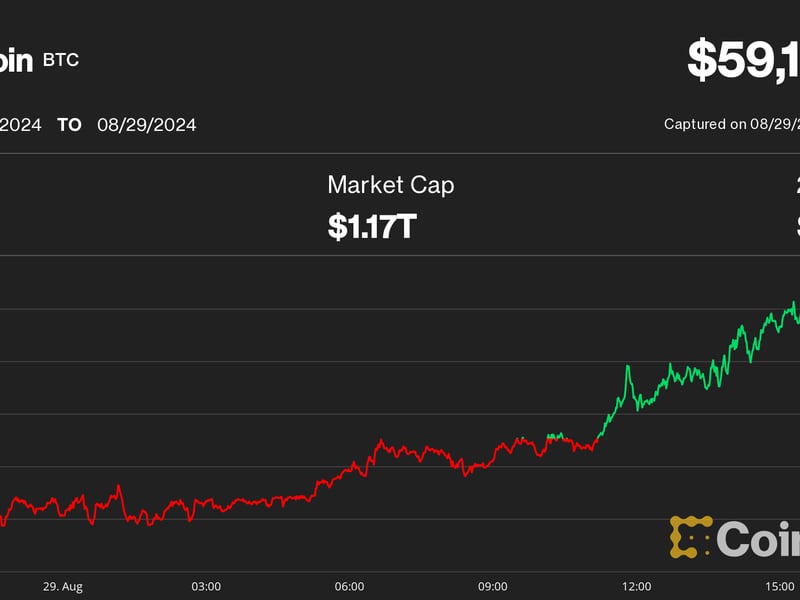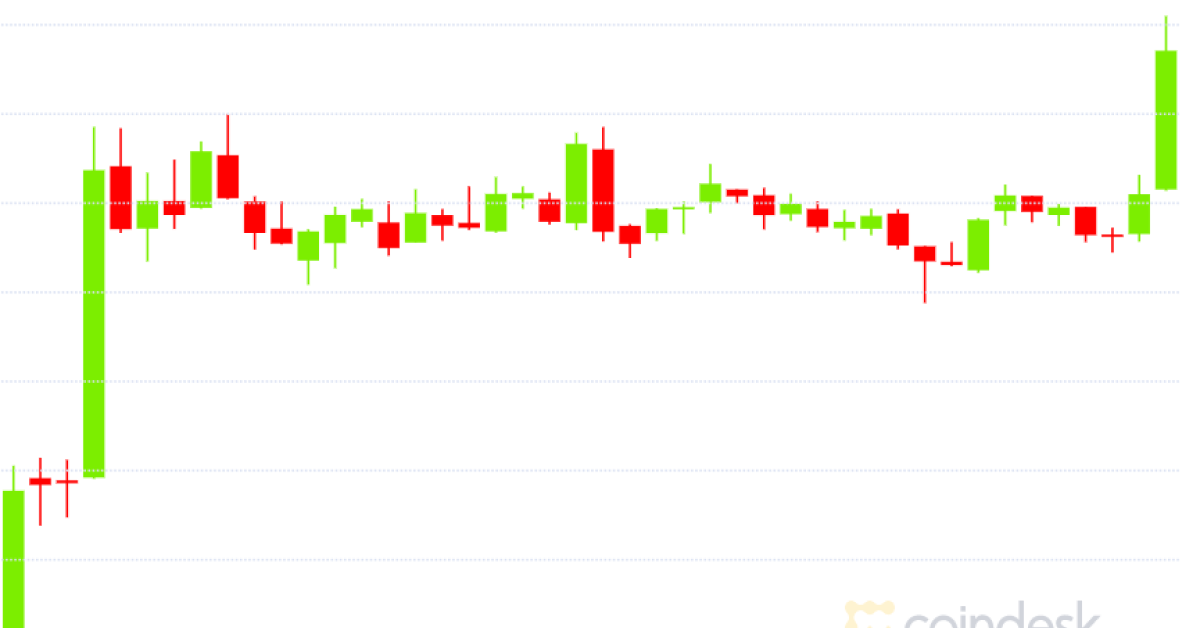The CoinDesk 50: Bitmain, the Behemoth of Bitcoin Mining
Founded in 2013, the Beijing-based Bitmain Technology remains at the center of the crypto economy. With its flagship AntMiner bitcoin mining equipment still dominating the hardware market and its mining pools accounting for about a quarter of the bitcoin network’s computing power, it retains a uniquely powerful place in the ecosystem of by far the largest cryptocurrency and blockchain project.
That’s not to say it isn’t also controversial. Its vocal support for a Bitcoin hard fork (Bitcoin Cash) in 2017, following contentious community disagreement, won the company, and its masterminds, many enemies.
This post is part of the CoinDesk 50, an annual selection of the most innovative and consequential projects in the blockchain industry. See the full list here.
Over the years, Bitmain has been involved in many controversial developments to the point that the Chinese crypto community refers to its foes as the “mining avengers.” In 2017, Bitmain filed a lawsuit against Yang Zuoxing, the former design chief behind Bitmain’s AntMiner S9 who started a rival miner manufacturer MicroBT, over patent infringement. But Bitmain lost the case eventually.
Then in 2018, it brought another lawsuit over non-compete violation against the former creators of Bitman’s mining pool BTC.com, who left the company to start a rival service PoolIn, which has become the world’s top two bitcoin mining pool by total hash rate.
Bitmain’s story started with Wu Jihan, one of the earliest bitcoin evangelists in China, translating Satoshi Nakamoto’s white paper to Chinese in 2011.

He invested in probably the world’s first known bitcoin-denominated initial public offering in 2012. It was a project started by Jiang Xinyu, a.k.a Friedcat., who was crowdfunding bitcoin to roll out an application-specific integrated circuit just for bitcoin mining.
The hardware sold well initially and sensational success followed. In 2013, Wu, with a finance and psychology degree from China’s prestigious Peking University, decided to start his own company to manufacture mining hardware. He was joined by Zhan Ketuan, his partner on the technology side, who, in six years, would find himself ousted from the company in a coup started by Wu.
Bitcoin’s last halving event in the summer 2016 marked the beginning of two years of extraordinary growth at Bitmain.
In 2017 alone, still only four years old, it made $1 billion in profits. It made another $1 billion for the first six months in 2018 and then went on a high-profile fundraise in the summer, netting $700 million from external shareholders with a bet. The deal is this: if Bitmain can’t go public within five years since the fundraise at an agreed term, external investors could require the company to redeem all of their investment with an interest.
At that time, Bitmain was boasting a hardware market share of nearly 80 percent. So the agreed term for the IPO was nothing but ambitious: raising at least $500 million at a valuation of no less than $18 billion.
So much has changed in 2019, since its first IPO attempt failed in March in Hong Kong.
Its rising rival, MicroBT, whose founder won over Bitmain’s patent infringement lawsuit, is seriously undermining Bitmain’s market dominance.
In 2019, Bitmain’s mining pools BTC.com and Antpool lost the top two spots to F2Pool and Poolin, the latter of which still has an ongoing case with Bitmain over alleged non-compete violation.
When Wu Jihan returned in a coup in November 2019 to kick out his founding partner Zhan, he told his people he’s back to save the sinking ship. Whether his tough comeback will work as he expected is yet to be proven, although it appears prepared to roll out more powerful equipment to weather the upcoming halving.
It remains to be seen if Bitmain can replicate the sensational success it once had following the 2016 bitcoin halving.
Disclosure Read More
The leader in blockchain news, CoinDesk is a media outlet that strives for the highest journalistic standards and abides by a strict set of editorial policies. CoinDesk is an independent operating subsidiary of Digital Currency Group, which invests in cryptocurrencies and blockchain startups.








